
Katharine Houghton Hepburn was an American actress whose career as a Hollywood leading lady spanned six decades. She was known for her headstrong independence, spirited personality, and outspokenness, cultivating a screen persona that matched this public image, and regularly playing strong-willed, sophisticated women. She worked in a varied range of genres, from screwball comedy to literary drama, and earned her various accolades, including four Academy Awards for Best Actress—a record for any performer. In 1999, Hepburn was named the greatest female star of classic Hollywood cinema by the American Film Institute.

Long Day's Journey into Night is a play in four acts written by American playwright Eugene O'Neill in 1939–1941 and first published posthumously in 1956. It is widely regarded as his magnum opus and one of the great American plays of the 20th century. It premiered in Sweden in February 1956 and then opened on Broadway in November 1956, winning the Tony Award for Best Play. O'Neill received the 1957 Pulitzer Prize for Drama posthumously for Long Day's Journey into Night. The work is openly autobiographical in nature. The "long day" in the title refers to the setting of the play, which takes place during one day.
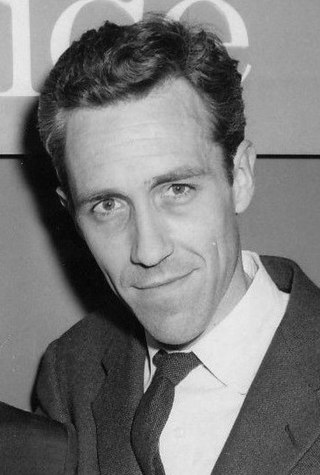
Jason Nelson Robards Jr. was an American actor. Known as an interpreter of the works of playwright Eugene O'Neill, Robards received two Academy Awards, a Tony Award, a Primetime Emmy Award, and the Cannes Film Festival Award for Best Actor. He is one of 24 performers to have achieved the Triple Crown of Acting.

Sidney Arthur Lumet was an American film director. Lumet started his career in theatre before transitioning to film where he gained a reputation for making realistic and gritty New York dramas which focused on the working class, tackled social injustices and often questioned authority.

Robert Dean Stockwell was an American actor with a career spanning seven decades. As a child actor under contract to Metro-Goldwyn-Mayer, he appeared in Anchors Aweigh (1945), Song of the Thin Man (1947), The Green Years (1946), Gentleman's Agreement (1947), The Boy with Green Hair (1948), and Kim (1950). As a young adult, he had a lead role in the 1957 Broadway and 1959 screen adaptation of Compulsion; and in 1962 he played Edmund Tyrone in the film version of Long Day's Journey into Night, for which he won two Best Actor Awards at the Cannes Film Festival. He was nominated for a Golden Globe Award for Best Actor – Motion Picture Drama for his starring role in the 1960 film version of D. H. Lawrence's Sons and Lovers.
The Iceman Cometh is a play written by American playwright Eugene O'Neill in 1939. First published in 1946, the play premiered on Broadway at the Martin Beck Theatre on October 9, 1946, directed by Eddie Dowling, where it ran for 136 performances before closing on March 15, 1947. It has subsequently been adapted for the screen multiple times. The work tells the story of a number of alcoholic dead-enders who live together in a flop house above a saloon and what happens to them when the most outwardly "successful" of them embraces sobriety and reveals that he has been on the run after murdering his "beloved" wife.

James O'Neill was an Irish-American theatre actor. He was the father of American playwright Eugene O'Neill and the inspiration for one of the primary characters in his son's play Long Day's Journey into Night.

Bradford Dillman was an American actor and author.
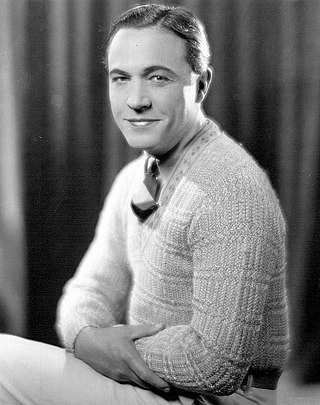
Jason Nelson Robards was an American stage and screen actor, and the father of actor Jason Robards Jr. Robards appeared in many films, initially as a leading man, then in character roles and occasional bit parts. Most of his final roles were in television.

José Benjamín Quintero was a Panamanian theatre director, producer and pedagogue best known for his interpretations of the works of Eugene O'Neill.
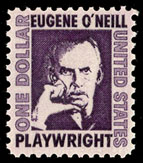
The Eugene O'Neill Award is one of Sweden's finest awards for stage actors. It is a scholarship for actors at the Swedish theater. It has been awarded annually by the Royal Dramatic Theatre since 1956.
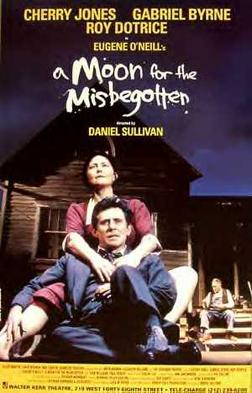
A Moon for the Misbegotten is a play in four acts by Eugene O'Neill. The play is a sequel to O'Neill's Long Day's Journey into Night, with the Jim Tyrone character as an older version of Jamie Tyrone. He began drafting the play late in 1941, set it aside after a few months and returned to it a year later, completing the text in 1943 – his final work, as his failing health made it physically impossible for him to write. The play premiered on Broadway in 1957 and has had four Broadway revivals, plus a West End engagement.

Ely Abraham Landau was an American film producer and production executive best remembered for films of plays in the American Film Theatre series.
The Play of the Week is an American anthology series of televised stage plays which aired in NTA Film Network syndication from October 12, 1959 to May 1, 1961.
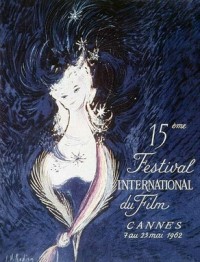
The 15th Cannes Film Festival was held from 7 to 23 May 1962. The Palme d'Or went to the O Pagador de Promessas by Anselmo Duarte. The festival opened with Les Amants de Teruel, directed by Raymond Rouleau.

Oliver A. Unger was an American film producer, distributor, and exhibitor. In a 45-year career, he was also a television producer and owner of movie theaters and television stations throughout the United States.
"Long Day's Journey Into Night" is a 1973 videotaped television adaptation of Eugene O'Neill's 1956 play of the same name. It was written by Michael Blakemore and directed Peter Wood with Cecil Clarke as executive producer. The recording is a version of Royal National Theatre's 1971 staging of the play, and features Laurence Olivier (Tyrone), Constance Cummings (Mary), Denis Quilley (Jamie), Ronald Pickup (Edmund), and Maureen Lipman (Cathleen).
Long Day's Journey into Night is a 1996 Canadian drama film directed by David Wellington. An adaptation of Eugene O'Neill's 1956 play of the same name, the film starred William Hutt as James, Martha Henry as Mary, Peter Donaldson as Jamie, Tom McCamus as Edmund and Martha Burns as Cathleen.
Edythe Landau was an American film and television producer and executive, known for such films as Long Day's Journey Into Night,The Pawnbroker, King: A Filmed Record...Montgomery to Memphis, The Chosen and the fourteen movies of the American Film Theatre which she produced with her husband Ely Landau.















